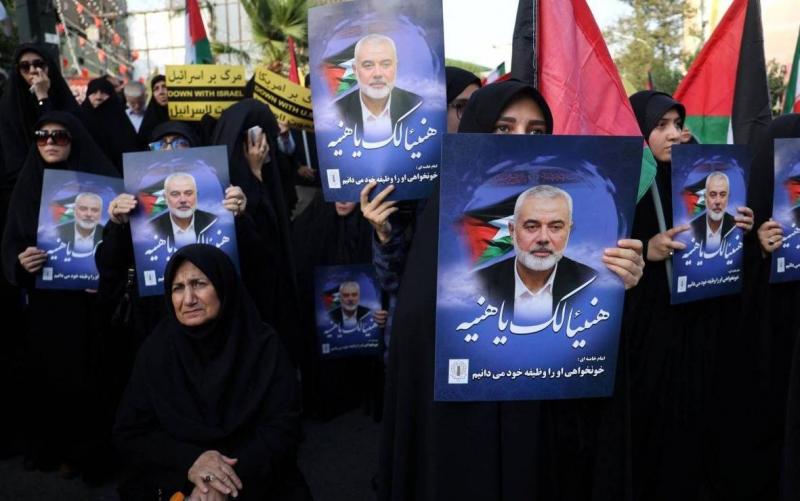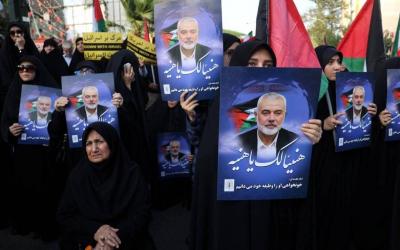The Middle East region continues to ignite since the seventh of October, following the reckless and uncalculated attack that brought upon Gaza a fierce and devastating war. In just two months, it will complete a full year. The Israeli war machine shows no sign of stopping, while Hamas leaders hide in tunnels, preventing Palestinians from seeking refuge there. Under any moral or religious measure, it is never justifiable to be a military leader, then engage in a military action that provokes a strong response, only to protect oneself while leaving one's people—women, children, and the elderly—vulnerable to all military forces on land, at sea, and in the air. There have been many clips coming out of Gaza expressing the people’s profound rejection of the adventures that bring them suffering, demanding to be saved from those who drag them into war before they are saved from those who fight them.
This event and that adventure have made the region precarious amid an old conflict between the Iranian state and the Israeli state, which has reignited with new ceilings and different rules, along with mutual escalation. Both sides seek to exploit the coming months, while the United States is preoccupied with its elections, to score points that would advance one side over the other. Influential countries in the region, such as the Gulf Arab states and Egypt, are striving to prevent any uncalculated escalation between the two parties and are working hard to balance the scales between them to avoid the expansion of conflict into a direct regional war that would inevitably involve major world powers, whether in America and the Western countries supporting Israel, or in Russia and China with their close relations with Iran. These Arab efforts are internationally supported by many countries.
There is no realistic or rational justification for the series of assassinations that fuel tensions. Just like individuals, the reactions of countries can be predictable within certain contexts and circumstances, especially when direct war represents an existential threat to an entire state and its political system. In terms of profit and loss assessments, there is a significant discrepancy between the two sides in bearing the financial burdens of direct war. The Israeli side enjoys unlimited support from Western countries, led by America, while the other side has benefited from the calm with the US administration and has directly employed it to mobilize its clients and followers in the region, although it will not be capable of enduring the burdens of a prolonged direct war.
The other party has been highly successful in relying on proxies and has managed to impose its influence within the Palestinian ranks, mobilizing some factions to serve its own agenda, even at the expense of the Palestinian cause and the destitute Palestinian people in Gaza. Israel possesses vast intelligence on these proxies and their leaders in several Arab countries, including Lebanon, Syria, Iraq, and Yemen, and its military strikes are extremely painful to their leaders, symbols, and capabilities. It has been preparing for months to punish Hezbollah in Lebanon if it chooses to plunge Lebanon into a new war that would be harsher than the 2006 conflict, and the response could be even more severe in Yemen if rhetorical speeches turn into specific military actions.
In conclusion, wars are harsh, and those who initiate them cannot know their outcome; they are always prone to escalation, which is why they are rejected by the wise.




